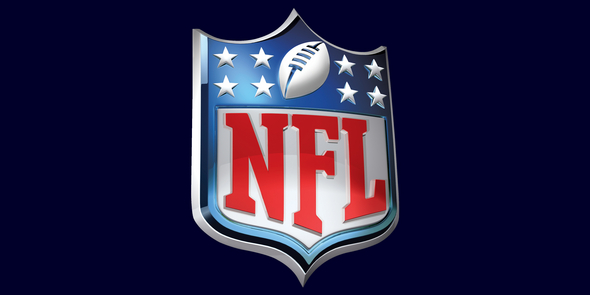

The player representatives for the NFLPA voted to adopt the NFL’s new drug policy.
“This is an historic moment for our Players and our League,” said NFLPA President Eric Winston said in a statement. “We have collectively bargained drug policies that will keep the game clean and safe, but also provide our players with an unprecedented level of fairness and transparency. Players should be proud of their union for standing up for what was best for the game.”
“We stood up and fought for what was right,” added DeMaurice Smith, NFLPA executive director. “Twenty-five years ago it was NFL players that set out to make the game clean by asking for and collectively bargaining the first drug testing policy in professional sports. Today, this union and these player leaders have approved a policy that will serve the game well for generations of players to come.”
Changes include:
– NEUTRAL ARBITRATION: An Independent Arbitrator will hear appeals for positive test violations of both Substances of Abuse and Performance Enhancing Drug Policies. The NFL and NFLPA will jointly select, approve and pay for retention of 3-5 arbitrators.
– AMENDING MARIJUANA POLICIES: The threshold for a positive test for marijuana will increase to 35 ng/ml from the previous limit of 15 ng/ml. There will be additional steps for players who test positive for the substance before suspension.
– RETROACTIVITY: Discipline of players for certain violations in the 2014 League Year will have their discipline adjusted by certain aspects of the new policies.
– DRIVING UNDER THE INFLUENCE: Players successfully rejected the league’s proposal to issue discipline upon arrest, prior to adjudication. A two-game suspension will be issued upon conviction or plea agreement for violations of law involving alcohol and driving.
– AMPHETAMINES: During the off-season, a first time positive test for amphetamines without a Therapeutic Use Exemption (TUE) will now be evaluated under the Substances of Abuse Policy. During the season, a positive test without a TUE will continue to be a violation of the Performance Enhancing Drug Policy.
– HUMAN GROWTH HORMONE TESTING: Testing for hGH will occur in the 2014 season. Players have the right to challenge any aspect of the science of the hGH isoforms test. The collection of blood specimens is prohibited on game days.
– DISCIPLINE FOR BREACHES OF CONFIDENTIALITY: The NFL and NFLPA will have the right to retain independent investigators to review cases where player confidentiality as related to the drug policies has been breached. Employees of the NFL/NFLPA/Clubs, players, certified contract advisors (agents) and policy administrators found to be in violation will face fines up to $500,000 and/or termination or other discipline.
Changes are retroactive for players suspended under previous policies, as well as for those in the appeal process. Broncos wide receiver Wes Welker and Cowboys cornerback Orlando Scandrick will be reinstated and eligible to play Sunday, a league source tells ESPN’s Adam Schefter.
Browns wide receiver Josh Gordon’s year long suspension has been reduced to 10 games, sources told Schefter, following the approval of the league’s new drug testing policy.
Welker was suspended for amphetamine use in the offseason, but punishment for that is being switched from the performance enhancers policy to the substance abuse program — except for in-season violations.
A two-game suspension will be issued for a player convicted of DUI. But an NFL proposal to immediately suspend a player, owner, coach, team executive or league employee for a DUI arrest was rejected by the union.
Both sides agreed to arbitration for appeals under the substance abuse and the PED policies. The NFL and NFL Players Association will hire between three and five arbitrators.
They also will retain independent investigators to review cases in which player confidentiality under the drug policy has been breached. Punishment for leaks could range up to $500,000 and/or termination of a job.
This website uses cookies.